Things You Should Know Before Buying a House in Puerto Rico
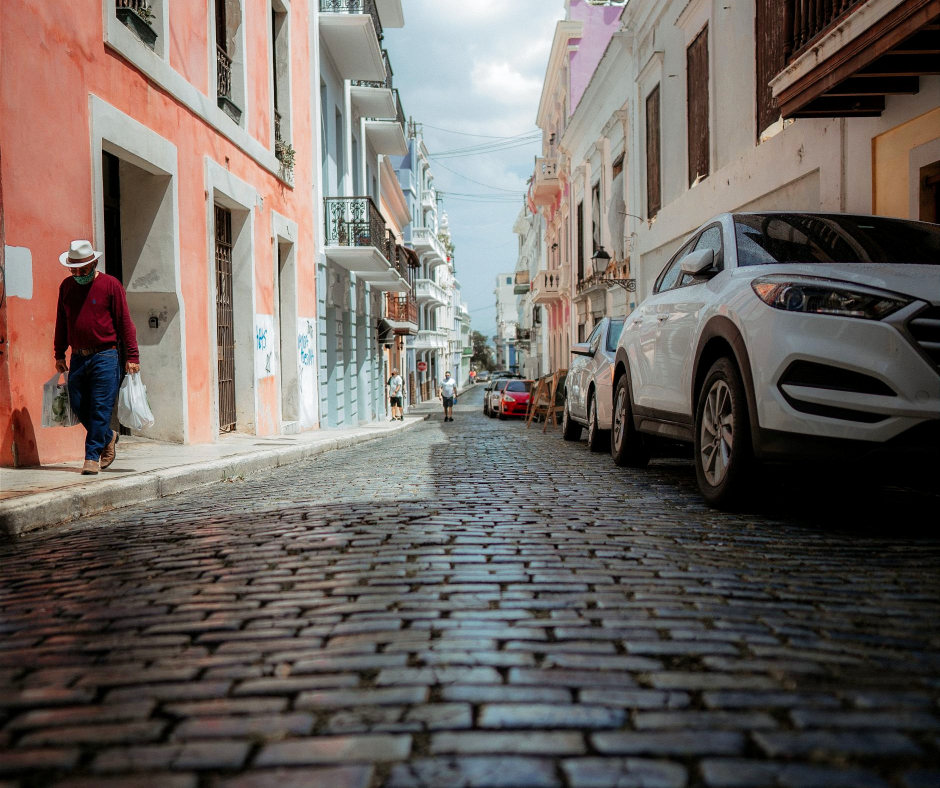
This guide covers things you should know before buying a house in Puerto Rico. The Island of Puerto Rico offers prospective homebuyers an attractive array of benefits, whether you are looking to move there permanently by purchasing a primary home, acquiring a second home for vacations or retirement, or gaining an asset with an investment property.
Advantages include a lower cost of living than the mainland, tax benefits for both citizens and businesses, a thriving and vibrant culture that is largely bilingual, and a year-round climate abundant with sunny days.
Because the island is a territory of the United States, Americans can transition with the relative ease of moving between states, as most banks, documents, and governmental programs operate interchangeably – with the bonus of never being more than a short drive away from several of the world’s highest-ranked Most Beautiful Beaches. In the following paragraphs, we will give you an overview of things you should know before buying a house in Puerto Rico.
Tax Incentive Pros of Buying a House in Puerto Rico
Understandably, one of the biggest draws of moving and buying a house in Puerto Rico for investors, corporations, and residents alike is the myriad of generous tax benefits. American citizens that buy a home in Puerto Rico do not need a residency permit, maintain their U.S. citizenship, and keep government benefits such as Medicaid, Medicare, and Social Security, while avoiding U.S. federal income tax on capital gains and all income sourced from Puerto Rico is exempt U.S. federal and state income taxes.
Law 187 exempts residents and new homebuyers from paying property taxes for five years in addition to certain closing costs for purchasing a property or residence. Once they begin making payments, property taxes are considerably lower than in most U.S. states.
Receiving a fixed income tax rate of 4% on export services income, 50% property tax exemption on both real and personal property taxes (100% tax exemption during the first five years for companies with a volume below $3 million), and up to 75% off select municipal taxes, including 50% off municipal license taxes (100% municipal license taxes for businesses with a volume below $3 million) are just a few of the Puerto Rico tax breaks that make the island a smart financial move for many investors.
Negatives of Buying a House in Puerto Rico
Hurricanes are one of the negatives of buying a house in Puerto Rico. While the island has been rebuilding, repairing, and improving its infrastructure since Hurricane Maria in 2017, the fact remains that Puerto Rico is located in a hurricane zone and is susceptible to natural disasters. Purchasing property in Puerto Rico will always carry the potential risk for homeowners to be faced with the problems caused by hurricanes, earthquakes, heavy winds, and floods.
Just be aware that when you buy a home in Puerto Rico, you may wait a few extra minutes in line at the grocery store while the cashier enjoys socializing at the checkout.
Because the electrical grid and water supply remain unreliable throughout the island, properties are becoming more self-sustaining with solar panels, oversized water cisterns, and industrial generators. If the particular property you wish to purchase does not have one of these amenities, there may be an initial investment to install these. It is also worth noting that the internet and WiFi connections are equally untrustworthy during these storms and outages.
How Do You Get Approved For a Mortgage in Puerto Rico
If you’re like many homebuyers, you must obtain funding to purchase your Puerto Rico home. Evidence of funds, whether a letter of preapproval for a loan or proof of sufficient funds for a cash offer, is required in Puerto Rico before you ever step foot on the property. Due to its status as an American territory, lending is possible for U.S. citizens as opposed to other Latin American countries. However, shopping for a lender can become quite complicated.
While many mainland lenders and Big Box brokers claim to accommodate loans in Puerto Rico and other U.S. territories, many are not licensed to do so or have not done so since 2009. (U.S. regulators seized and shut down three major Puerto Rico banks between 2009-2010 due to an abundance of bad construction loans and other unqualified home loans, leading mainland institutions to refuse further funding to the island.)
In recent years, Gustan Cho Associates and other mainland mortgage lenders have recognized this widely overlooked potential and taken the opportunity to plant seeds of investment for qualified homebuyers in Puerto Rico again. Areas like San Juan, Dorado, Palmas del Mar, Rincon, and Mayagüez have already seen an influx of American buyers returning to the island, and mainland realtors and investors are taking notice. Because the team at Gustan Cho Associates is licensed in Puerto Rico and has partnered with over 210 wholesale lending partners, we can offer mortgage products, lower rates, and options not available with other lenders. Click here to talk to one of our loan officers about how you can take advantage of Puerto Rico’s tax incentives, lower cost of living, breathtaking beaches, and more.
Buying a House in Puerto Rico To Be Living The Dream
If you’re a fan of clicking “Next Day Delivery” on your Amazon Prime account, you should know it does not exist on the island. Although your packages are not international shipments, shipping anything between the mainland and Puerto Rico typically takes longer and is more expensive than domestic shipping.
Using freights means your shipment must first be unloaded at the port in San Juan and then transported to its destination throughout the island. In general, packages can take 3-10 business days with express delivery methods and 10-20 delivery days with slower methods. Larger items, such as vehicles, can take even longer. Most residents don’t mind the extra wait.
If you are a business owner who needs to anticipate running out of product or passing these additional shipping costs to your consumers, you must consider it. Living on “island time” also extends to daily life. Locals don’t usually honor the “fast lane/slow lane” rule that many Americans are accustomed to; doctor’s offices may schedule several people for the same appointment slot. Professionals respond slower and don’t always work within typical business hours.
Why So Many Americans Buy Second and Retirement Homes in Puerto Rico
While Puerto Rico’s year-round warm climate and beautiful views make it a famous tourist destination, Puerto Rico boasts several financial perks for retirees looking to avoid the congestion of Florida retirement communities or the high price tag associated with the California coastline. Again, many families, retirees, and vacationers enjoy this less stressful lifestyle without strict timetables and choose to value comfortability over punctuality.
Buying a house in Puerto Rico is more affordable on a tight budget for U.S. residents. Their Medicare card applies throughout the island, allowing older citizens to receive the same care they would receive stateside.
Snowbirds (those who wish to remain in the States in the summer months but escape the cold weather during the winter) find purchasing a home in Puerto Rico particularly attractive because they can easily and profitably rent out the home throughout their off-season. This helps offset the cost of owning a second home, provides for a steady income stream, and the number of rental management companies and housekeepers makes the process even easier.
Buying a House in Puerto Rico With Young Children
One of the greatest things about Puerto Rico is that residents still share a family-oriented mentality reminiscent of 1950s neighborhoods. However, families with school-aged children should be aware of some complications they may face when buying a home in Puerto Rico. Public schools are extremely underfunded, have low academic quality, and lack updated resources.
English is taught as a secondary language and a compulsory course from elementary through secondary levels; however, Spanish is the language taught in Puerto Rican public schools. Because of these reasons, many expat parents and residents prefer to send their children to private schools.
Private institutions generally have higher educational standards, more material sources, and fewer teacher shortages, and most private schools in Puerto Rico are taught in English or bilingual. A few private schools on the island offer the International Baccalaureate (IB), which is especially attractive to parents as it is globally accepted and allows students to easily transfer between schools without a disruptive shift in curriculum.
Education System in Puerto Rico
Another element to consider when choosing an educational institution in Puerto Rico: More and more Puerto Rican schools are becoming year-round, which means students still receive an equal number of days off, but those days are interspersed with shorter breaks and intercessions throughout the academic year as opposed to traditional American schools that consist of a 180-day school year with an extended summer break.
Homebuyers must complete a homebuyer education course to get a down payment assistance program. Not all mortgage lenders have the same lending requirements, so secure the mortgage from a participating lending institution. Once approved, homebuyers must move into the new home within sixty days of closing.
These usually allow students to celebrate Puerto Rican holidays like Three Kings Day and many Catholic traditions. Parents who use the three-month holiday to travel, visit family, or otherwise use those summer months will want to remember this before purchasing a home in Puerto Rico. Private schools can be expensive, so American parents should ensure that their budgets allow for tuition, fees, extracurricular expenses, tutors, and other schooling costs when deciding if a move to Puerto Rico is right for their family.
Things To Be Concerned Buying a House in Puerto Rico
Parents with underage children should be warned that there is a marked shortage of pediatric services. While many general practitioners in Puerto Rico advertise their offices as a “family practice,” pediatricians, dentists, and other pediatric specialties are notably fewer. Many islanders speculate as to the reason.
Business owners and investors are attracted to moving their companies or business interests to the island thanks to the legislation enacted in Puerto Rico, including Act 20 (the Export Services Act), Act 22 (the Individual Investors Act), and Act 60 (the Puerto Rico Incentives Code Act). Businesses that utilize some or all of these incentives receive significantly reduced taxes.
It could be that the number of retiring specialists are not being replaced with younger graduates, that the most popular medical plans in Puerto Rico do not give adequate remuneration for pediatric services, that the majority of pediatric residents transfer to institutions outside of Puerto Rico to complete their specialty, or a likely combination of them all – regardless of the explanation, expat parents will want to keep this in mind when choosing an area in which to purchase their home (rural communities have fewer options while more populated regions have more).
Buying a House in Puerto Rico For First-Time Homebuyers
Do you dream of buying a house in Puerto Rico? Have you decided to own your own home finally? Have you been dreaming of buying a house in Puerto Rico as your first home? Living in Puerto Rico can make your dream attainable. So, is buying a home in Puerto Rico the right choice for you? As with all major investment decisions, purchasing property in Puerto Rico has potential risks.
The government of Puerto Rico has established its own Homebuyer Assistance Program to provide direct financial assistance of up to $55,000 to first-time buyers that want to purchase property in Puerto Rico.
The program uses CDBG-DR (a subset of Disaster Recovery) funds to help homebuyers by paying up to 100% of the down payment required by the mortgage for the purchase, paying closing costs, and working with the applicant’s lender to submit all closing documents to the Puerto Rico Housing Finance Authority.
Getting Started Buying a House in Puerto Rico
The first step in preparing buying a house in Puerto Rico is qualifying for a mortgage. First-time and seasoned homebuyers can qualify for government or conventional loans with little to no down payment on primary owner-occupant homes. Homebuyers buying a house in Puerto Rico can get FHA, USDA, VA, or conventional loans. Buying a house in Puerto Rico with FHA loans require a 3.5% down payment. VA and USDA loans offer 100% financing without a down payment. Fannie Mae and Freddie Mac of a 3% down payment on conventional loans for first-time homebuyers and a 5% down payment for seasoned homebuyers.
Mortgage loan applicants must not own a home at the time of the application if they plan on buying a house in Puerto Rico with a government or conventional loan with little to no down payment. Borrowers buying a house in Puerto Rico must be U.S. citizens, non-citizen nationals, or qualified aliens. Applicants must meet agency income and credit requirements.
It is important to research, discuss your options with your mortgage broker, and weigh the pros and cons to make an informed conclusion. Buying a house in Puerto Rico is a dream come true for many. Contact us if you need to qualify for a home mortgage or investment property in Puerto Rico. If you have any questions about the content in this blog or need to get pre-approved and discuss your specific needs and circumstances with our industry expert loan officers, contact us or email us. If you are ready to talk with an advisor who can help you achieve your goals,

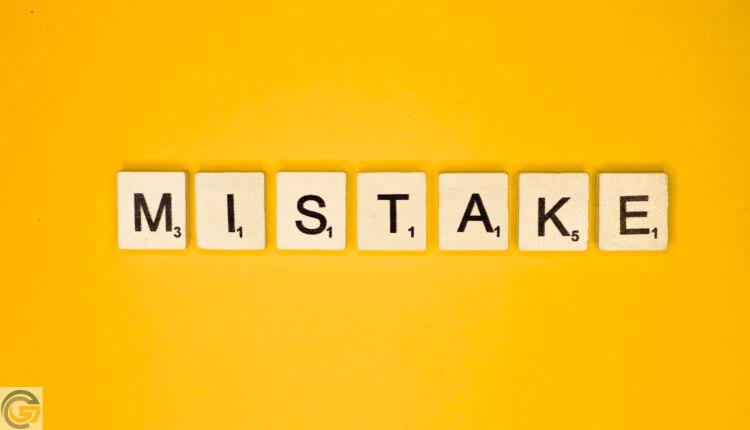
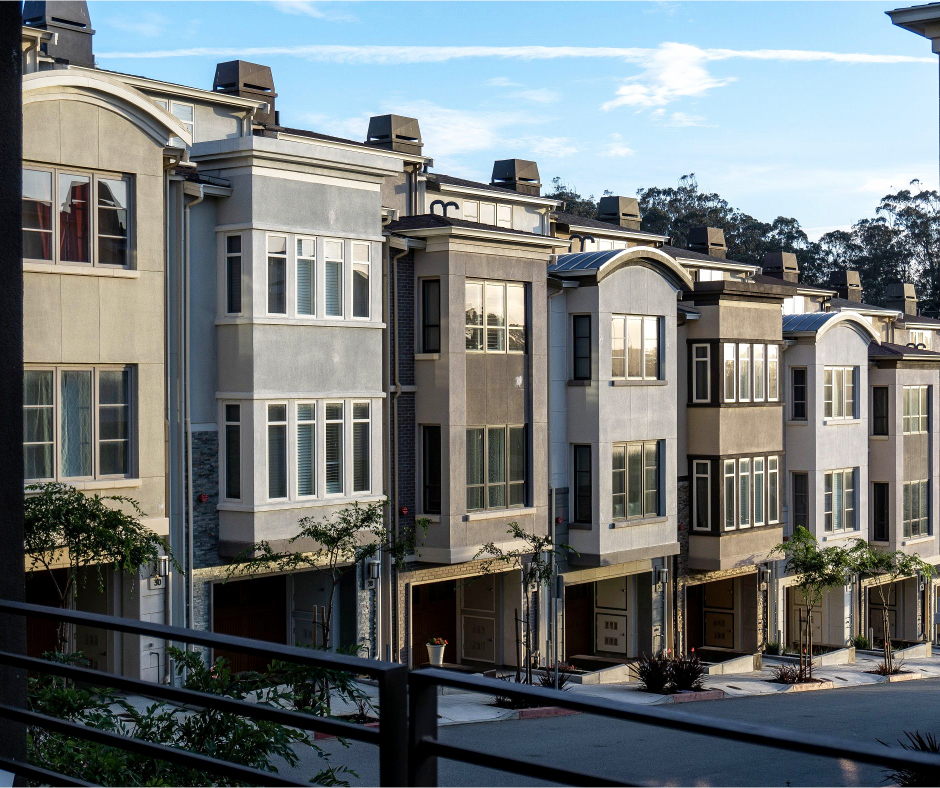
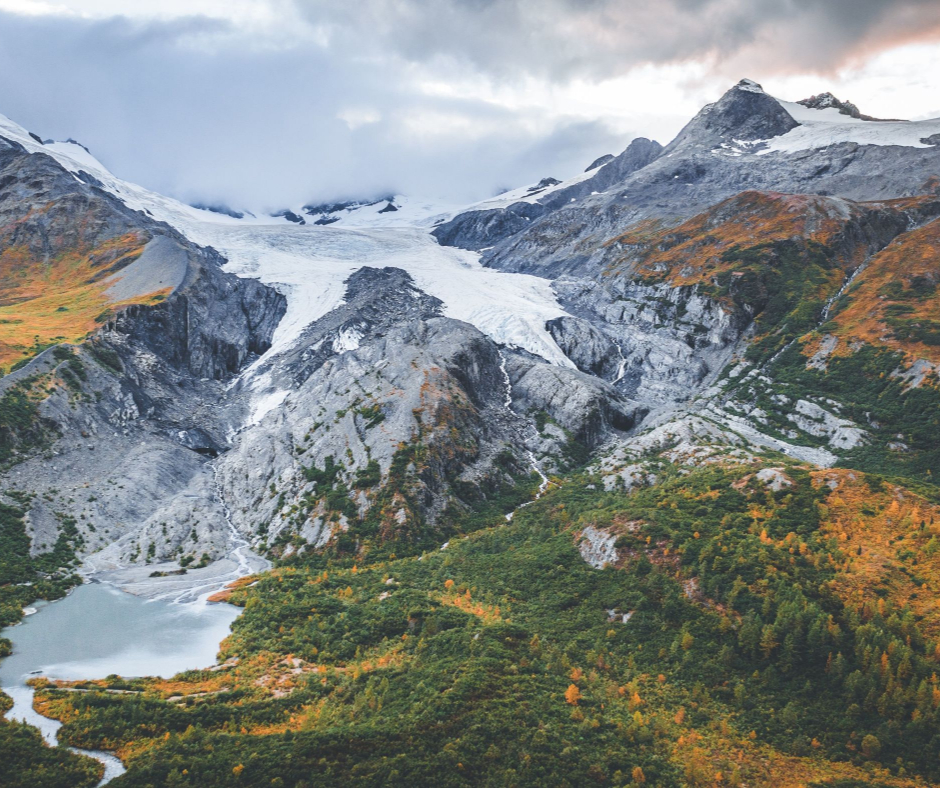
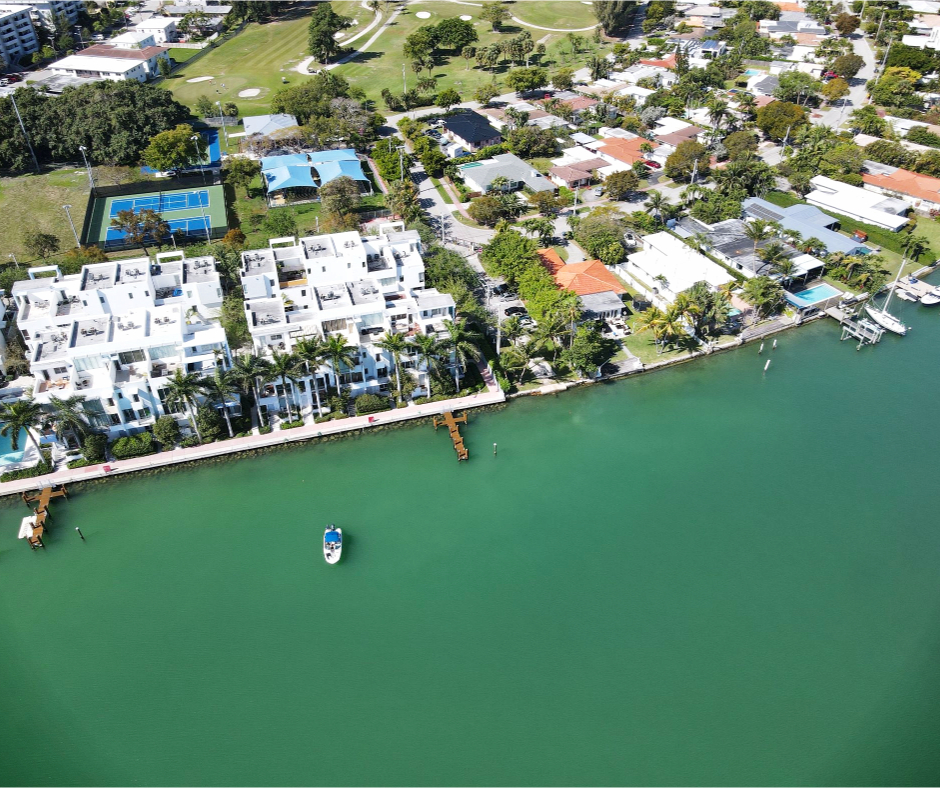
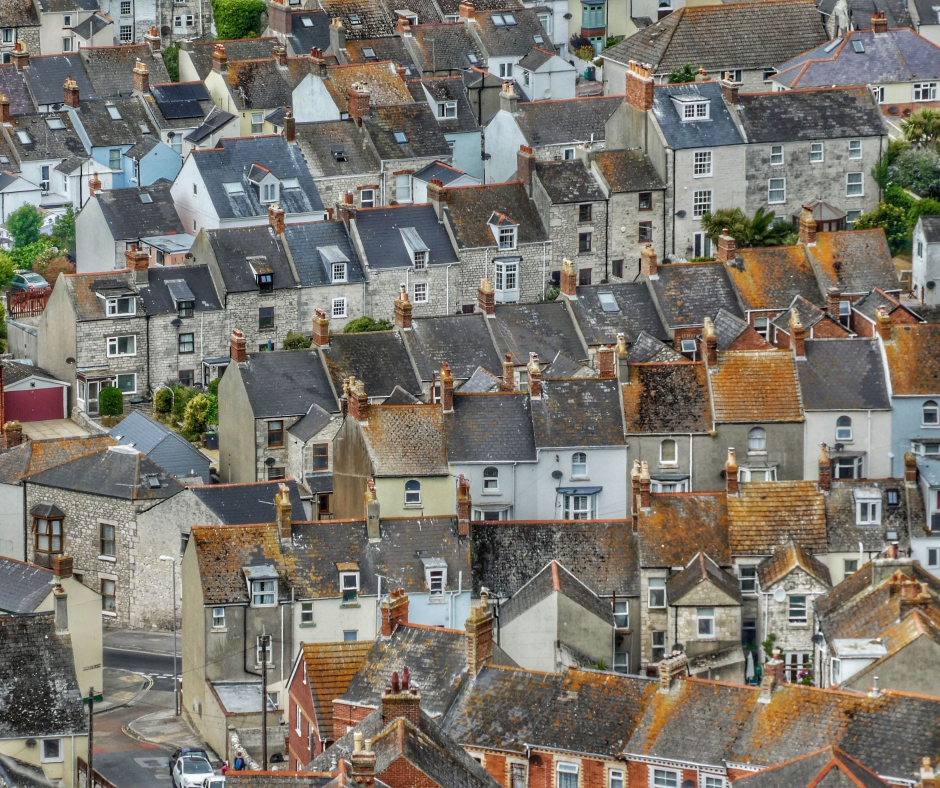
There are very limited amount of wholesale mortgage investors in Puerto Rico 🇵🇷